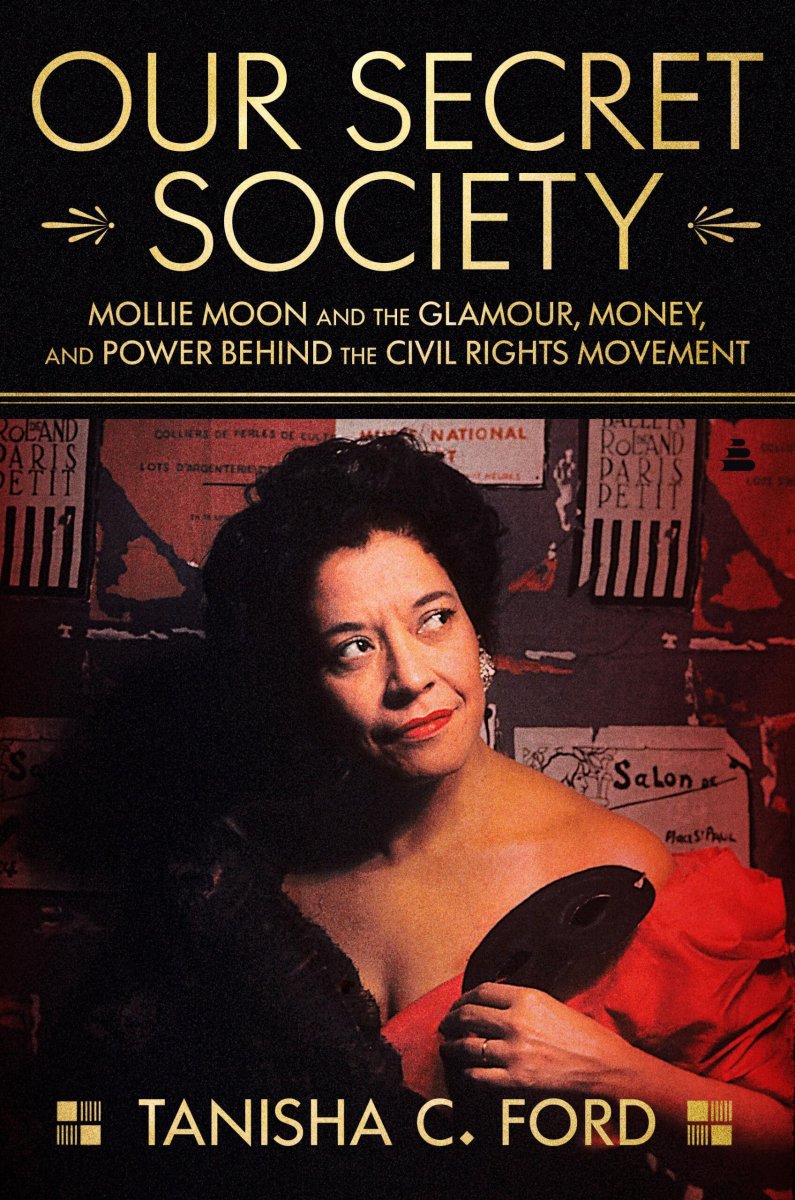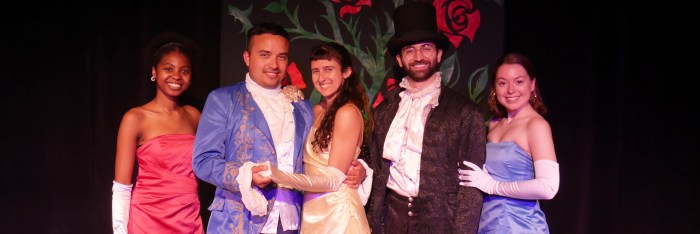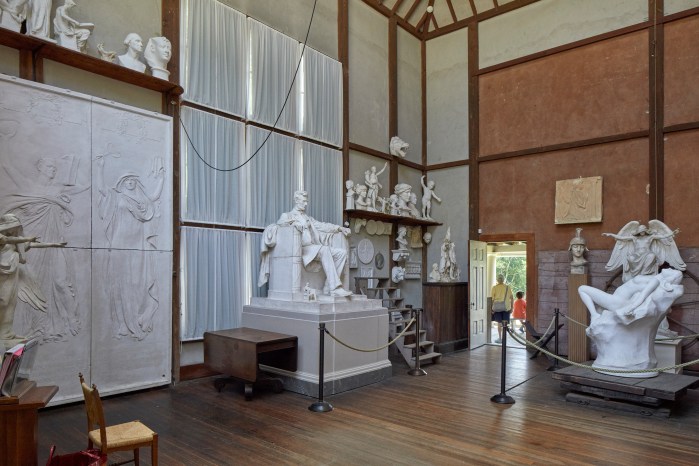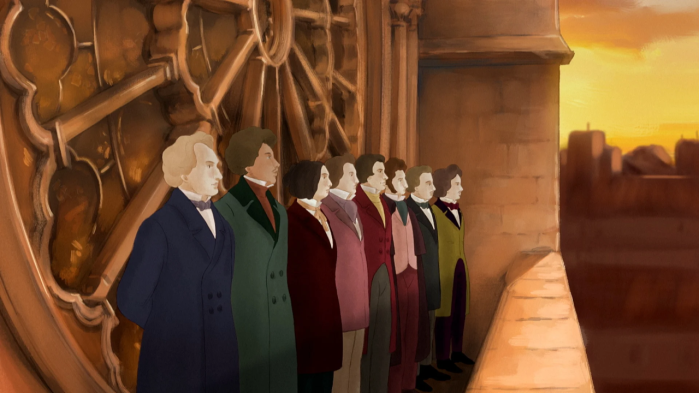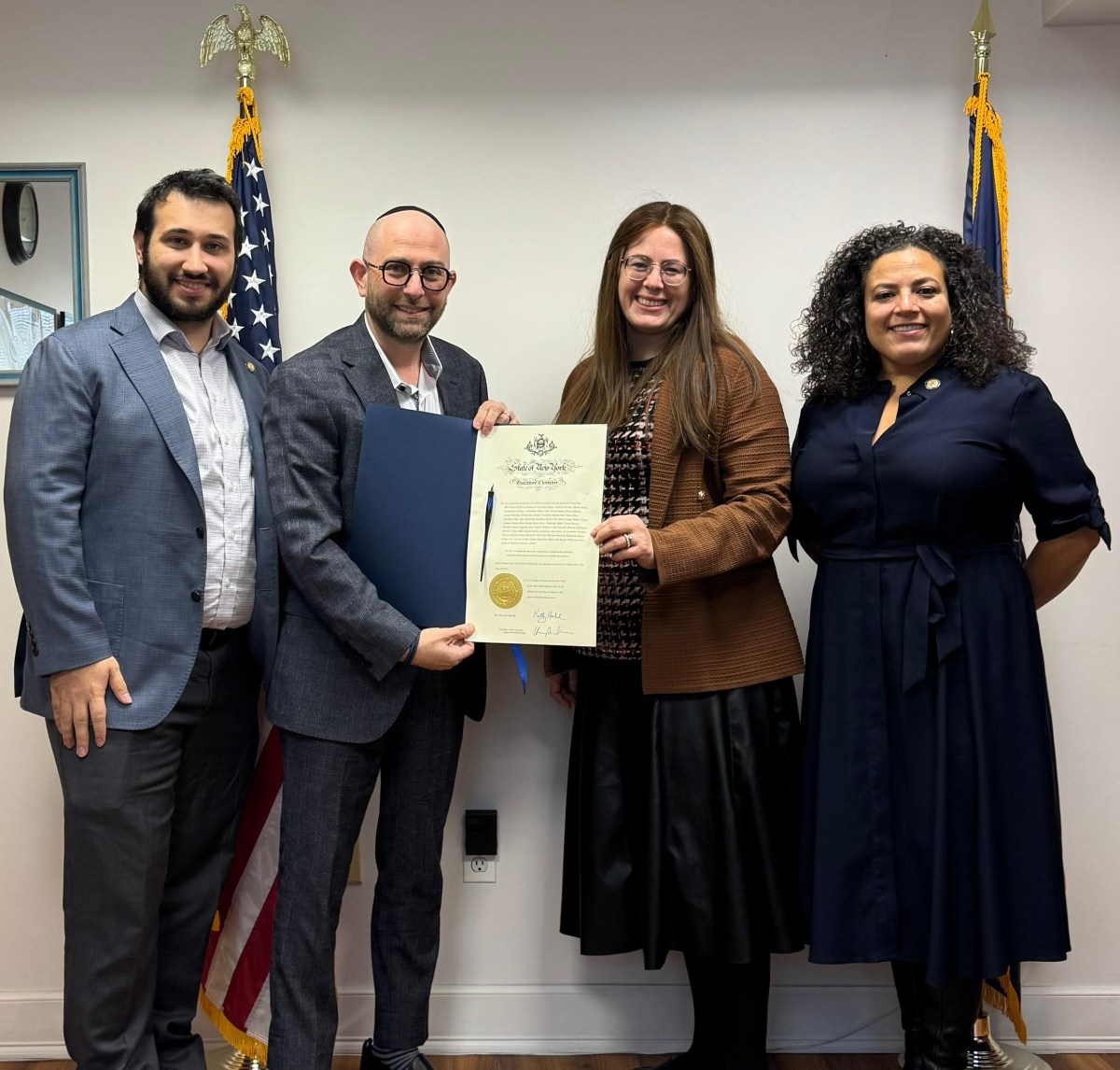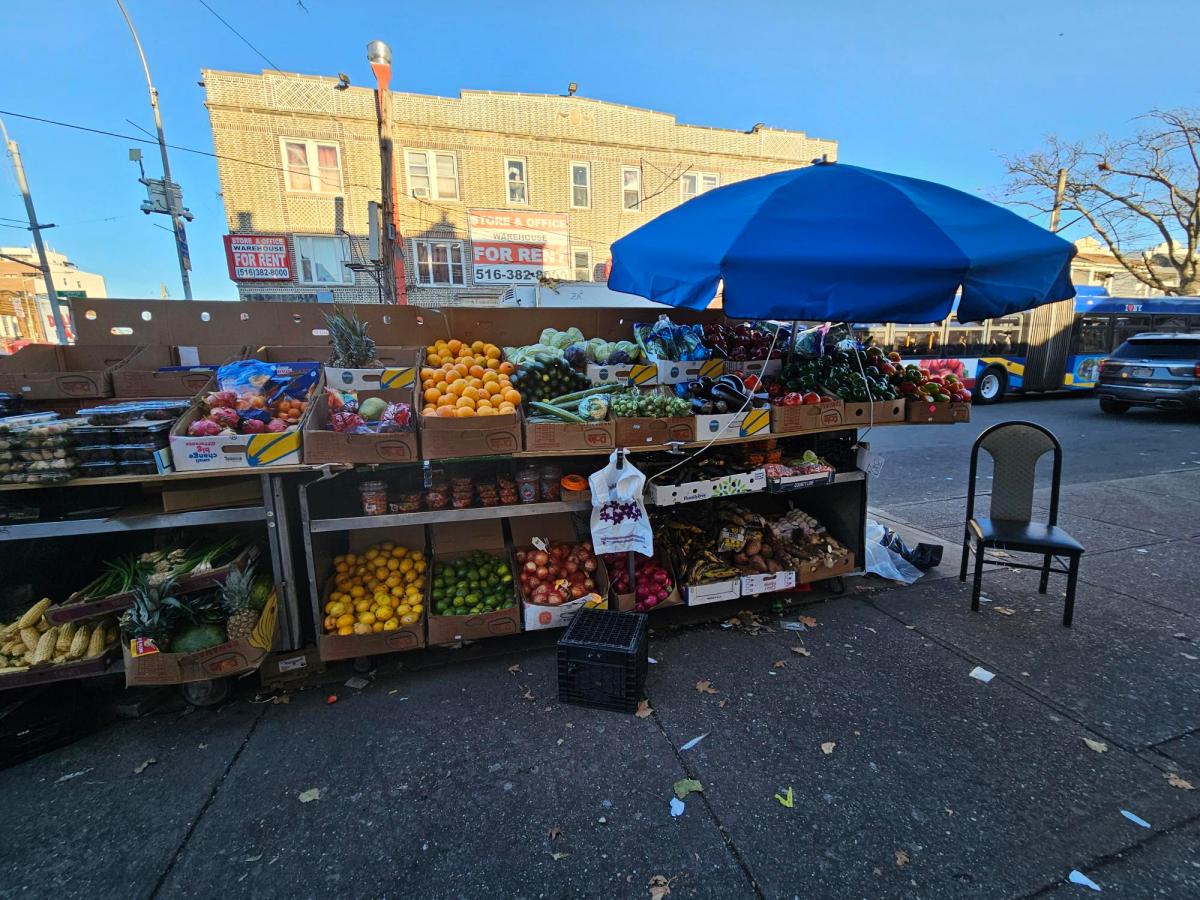“Our Secret Society: Mollie Moon and the Glamour, Money, and Power Behind the Civil Rights Movement” by Tanisha C. Ford
c.2023,
Amistad
$32.99
353 pages
The One Percent has everything you do not.
A fancy house in a posh place. Designer clothing, fast cars. Friends in high places that know how to get things done. And money, they have lots of that. The One Percent has it all, and more – and as you’ll see in “Our Secret Society” by Tanisha C. Ford, they once wanted you to have it, too.
Mollie Moon knew what it was like to struggle.
Born in 1907 in Hattiesburg, Mississippi, she and her mother lived in a boardinghouse meant for migrants when Mollie was a baby. Later, Mollie’s new stepfather moved the family to Gary, Indiana, where Mollie witnessed “economic instability” caused by mill shutdowns. When she was ready to attend college, her mother hoped Mollie would become a pharmacist, which was “one of the most prestigious careers a Negro… could have in the 1920s” but that wasn’t what Mollie wanted.
As a young woman, she left Gary and moved to New York City, to Harlem, hoping to “make a deep social impact.” There, she met some of Harlem’s elite performers and thinkers, whom she joined in Moscow, then on to Berlin. Rising Nazi influence forced Mollie home to New York where she met Henry Lee Moon, who would one day be her third husband.
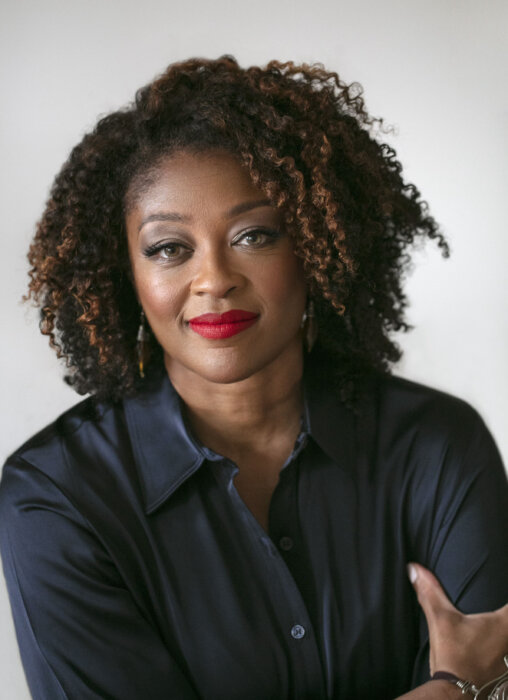
With the contacts she’d made in her travels, the strategic friendships she enjoyed with both Black and white elites, and the feeling that “Negroes deserved a taste of the good life too,” Mollie honed her skills as a fundraiser for the Harlem Community Arts Center, and then for National Urban League. She and Henry were “a racial-justice power couple” and they used that power to help large organizations to better the lives of Black people all over the country.
As time passed and viewpoints changed, however, some “found it difficult to define the role Mollie played.” She still had influence, Ford says, yet “she did not fit the mold of a civil rights leader.” But someone waiting in the wings did…
Reading “Our Secret Society” is a little like taking a trip through time.
Author Tanisha C. Ford first transports readers back to a more genteel era when Jazz-Age folks dressed for dinner, upper-crust youth enjoyed a new permissiveness, and higher-class citizens held salons in their homes to discuss world affairs. Ford makes this seem like a movie script from a period film, and it’s oddly soothing.
But as the world changed, so does Ford’s story and it’s quite fascinating to see how Mollie Moon seized the social power she needed with determination, moving easily across racial boundaries at a time when such boundaries seemed like solid walls. Given this, it’s with dread that you’ll approach the latter third of this book, as Ford takes readers to the 1960s and a little slippage of Mollie Moon’s influence.
Still, you’ll wish you knew Miss Mollie and for sure, you shouldn’t miss “Our Secret Society.” You need to know about this almost-hidden slice of history. You’ll like this book one hundred percent.


